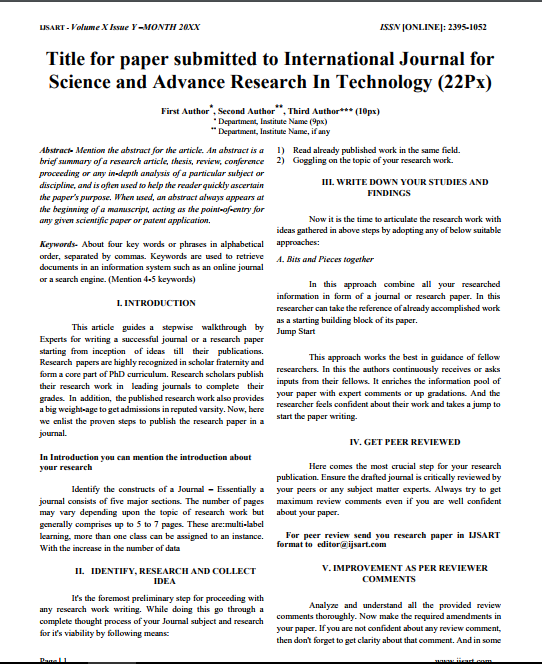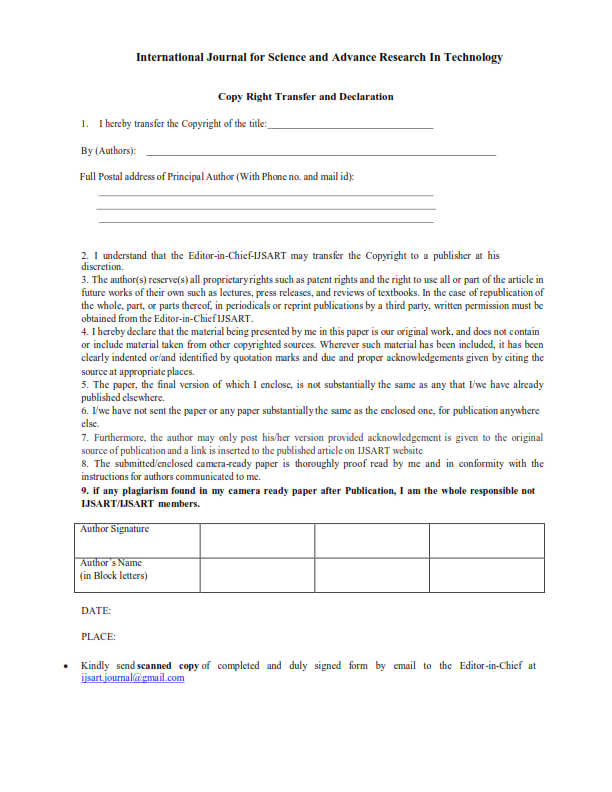Impact Factor
7.883
Call For Paper
Volume: 11 Issue 04 April 2025
LICENSE
Design Of Low-power High-gain Serializer/deserializer Using Gdi Technique
-
Author(s):
NIRMALADEVI J | V. ANNAPOORANI
-
Keywords:
Adiabatic Logic, GDI Technique, Low Power, High Frequency, SerDes.
-
Abstract:
CMOS Technology Is Evolving Propose And Demonstrate A Serializer/deserializer (SerDes) Toward The Testing Of Large Scale GDI Circuits With Delay-line Clocking. A SerDes, A Pair Of A Serializer (parallel-to-serial Converter) And A Deserializer (serial-to-p
Other Details
-
Paper id:
IJSARTV10I175482
-
Published in:
Volume: 10 Issue: 1 January 2024
-
Publication Date:
2024-01-08
Download Article


